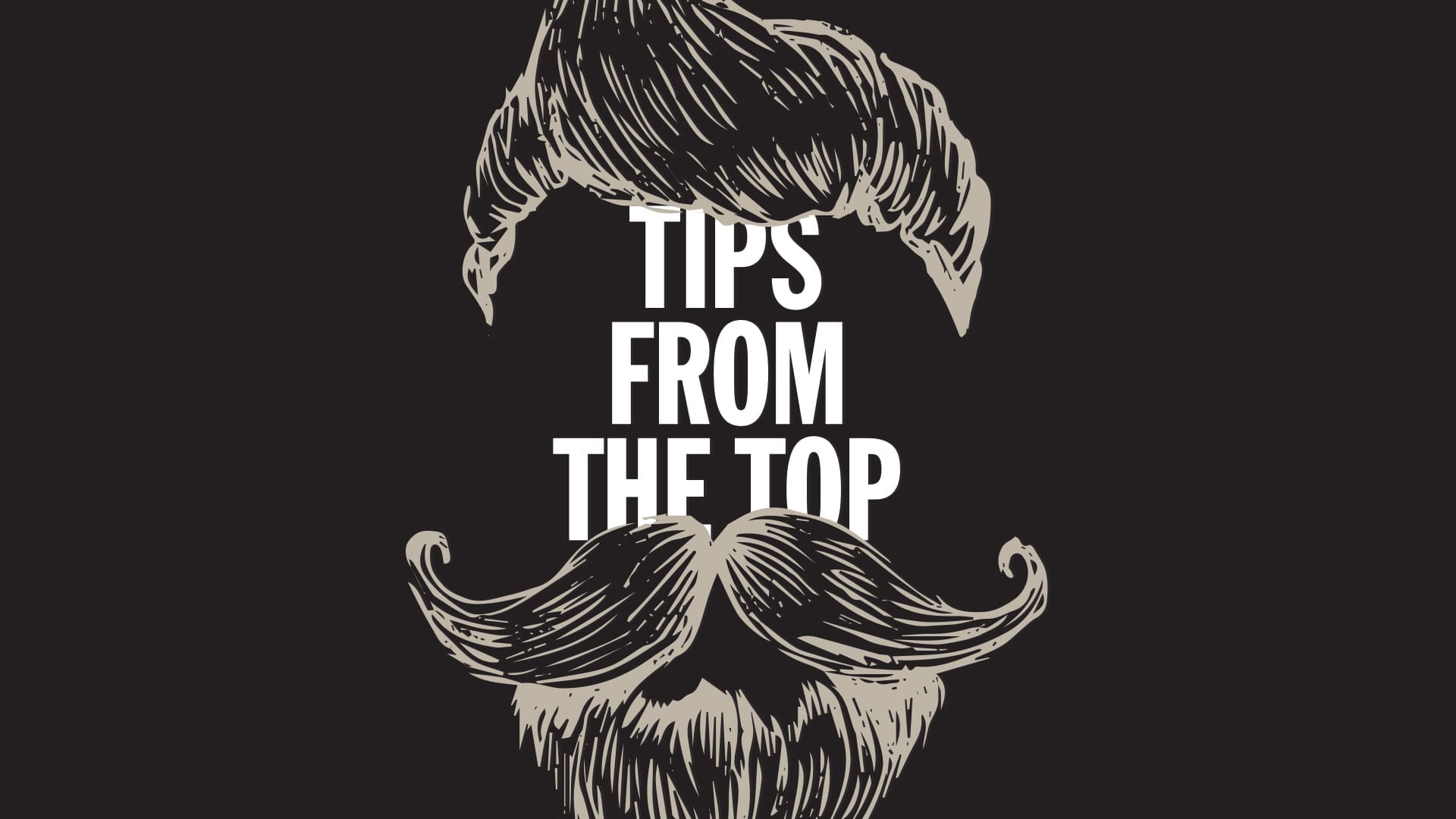Tips From The Top
Michelle Terry is the Movember CEO based in the global head office in Melbourne. She has spent much of her working life overseas including several years working in London, Hong Kong and Singapore. Most recently she was in the Bay Area in the US as part of the executive team of a global wine company before joining Movember.
We asked her some questions about her experiences to date, leadership and her work at the Movember Foundation.
How did you get here? What experiences, failures, setbacks or challenges have been most instrumental to your growth? And how have you approached leading a men’s health organisation from a female perspective?
I was attracted to the CEO role at Movember as it delivers a purpose-led mission – to help men live happier, healthier and longer lives – in a global, growing, entrepreneurial organisation with an incredible brand and very talented people.
I’ve had many challenges across my personal and professional life that have helped me grow. I’m the mother of two small daughters (aged six and seven) and I struggle to make sure I’m balancing the demands of work with their needs – as well as trying to maintain my own health and well-being. I don’t always get this right, but I’m committed to doing better, and hopefully role-modelling this for other parents.
I think becoming a parent has improved me as a leader. Previously, I worked too hard and brought a “corporate” and more uptight version of me to work – rather than my whole self. I had some feedback that people found me intimidating. Since then, I’ve become more relaxed and authentic in my style and shared more of the rest of my life.
I’m often asked about being a female CEO of the world’s largest men’s health charity. I think it is an advantage. At Movember, we recognise that women can be instrumental in helping men take action on their health. Men’s health outcomes, particularly prostate cancer and testicular cancer, as well as mental health and suicide prevention, impact millions of men, and those who love them. Tackling these issues as a community has the potential to help us all.
In your experience, what are the defining qualities of an effective leader? How can leaders and aspiring leaders take their leadership skills to the next level?
I’m inspired by Movember’s values and think they are a fantastic guide for leadership:
- Team: great leaders unleash the power of people and connection by encouraging and rewarding teamwork
- Humble: effective leaders show humility and are hungry to learn from anyone
- Respect: always treat others as you would like to be treated
- Change Agent: be courageous and believe that you can make a positive change in the world
- Remarkable Experience: don’t settle for delivering anything less than a truly extraordinary experience for your stakeholders be they customers, staff or partners
- Fun: we spend a huge amount of time at work, so let’s keep it fun (and sometimes a little silly). It’s important to help people experience joy at work.
What are your three best tips applicable to entrepreneurs, executives and civic leaders?
While the world around us often feels complex and challenging, I believe that most people want to positively contribute – be that to their family, their community or via their work.
Three tips that align with this philosophy are:
- Build a strong team of complementary players – and empower them to deliver against a clear, inspiring strategy
- Always act with – and assume – positive intent. Trust and positivity build relationships, and strong relationships build organisations that deliver outstanding results.
- Look after yourself. Burnout is real, and self-care is an important prerequisite for caring for those you lead.
What is your best advice on building, leading and managing teams?
I encourage my teams to think of feedback as a gift. Compassionate, clear feedback is extremely valuable, and it’s important that teams are encouraged to share their thoughts without fear of retribution.
I also believe that strengthening social connection is critical, particularly during this pandemic. I think this applies to men struggling with mental health issues just as much as it does to working teams looking to build camaraderie and trust in uncertain times. We need to stay connected and communicate. Leverage technology, pick up the phone, and talk often with your friends, loved ones and colleagues.
What are your best tips for leaders of non-profit organisations?
Be clear on your purpose and mission. Ensure you’re building a sustainable business model where impact and income reinforce each other.
What is the single best piece of advice you have ever received?
Someone once said to me that ‘The best careers aren’t ladders, they’re jungle gyms’, meaning that you may find your work and life much richer or more rewarding if you allow yourself to sidestep or consider doing something that you hadn’t anticipated.
What is one thing everyone should be doing to pay it forward?
I encourage everyone to take a moment for someone. Especially during this time of social distancing and interpersonal separation, simply reaching out to loved ones and checking in can make an enormous difference for those who might be struggling.
We know that for men in particular, isolation and uncertainty can be particularly toxic, and social connections can strongly influence their emotional well-being and mental health outcomes.
What are your hobbies and how have they shaped you?
I’m a reading nerd. I recently treated myself to floor to ceiling bookshelves and browsing my home library fills me with great joy. I love the escapism afforded by imagination and the beauty of language.
I enjoy travel and adventure, which explains my globetrotting. I’m also energised by outdoor activities such as hiking and skiing. Being into nature speaks to my soul and allows me to physically challenge myself.
Is there anything else you would like to share?
There is a persistent perception that leaders, especially men, must be strong, and that vulnerability of any kind is a weakness. We know this is not only categorically untrue, it’s unhealthy and it encourages a culture where men don’t speak up about their problems, seek care and are left feeling like they have few options, if any, to improve their situation.
That’s why Movember works in early intervention and prevention. We help men understand their risk factors, seek preventive and therapeutic care and not be afraid to talk about health issues – mental and physical – with their friends, colleagues, loved ones and clinicians. This year is shaping up to be our most memorable yet – please join us!
Get Involved
Patchy, lopsided, itchy or epic – whatever Mo you grow this Movember, your face will raise funds and awareness for men’s health.
Host A Mo-ment
Rally a crew and do something fun and easy, virtual or in person. Hosting is all about having a good time for a good cause.
Make a Move
Run or walk 60km over the month. That’s 60km for the 60 men we lose to suicide each hour, every hour across the world.





